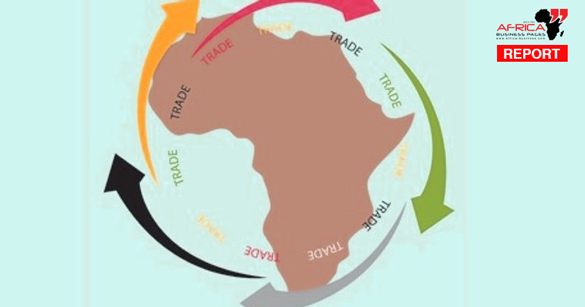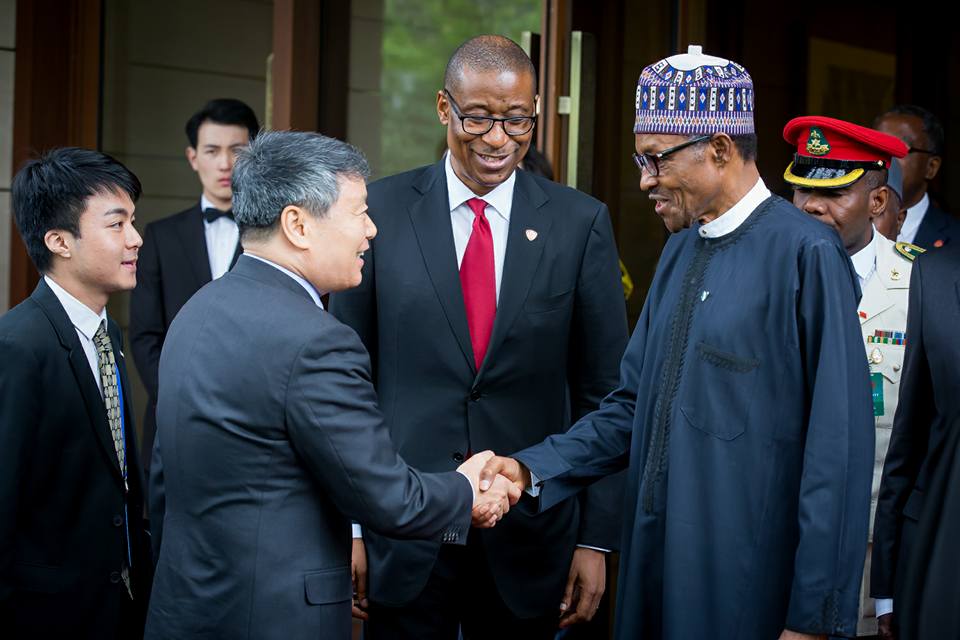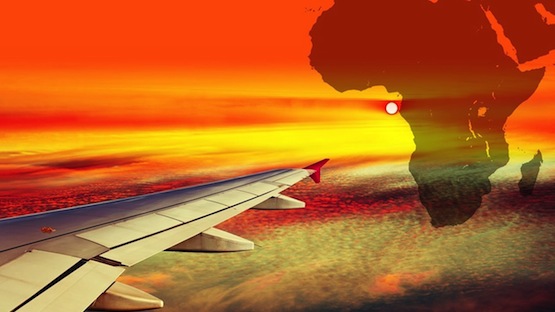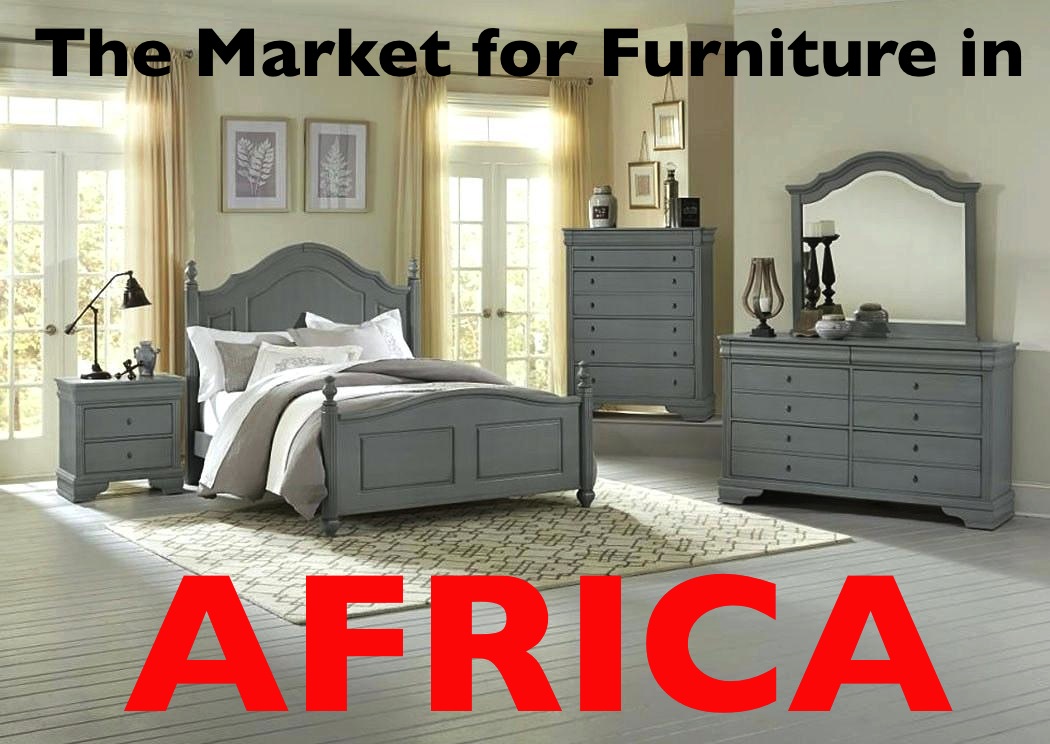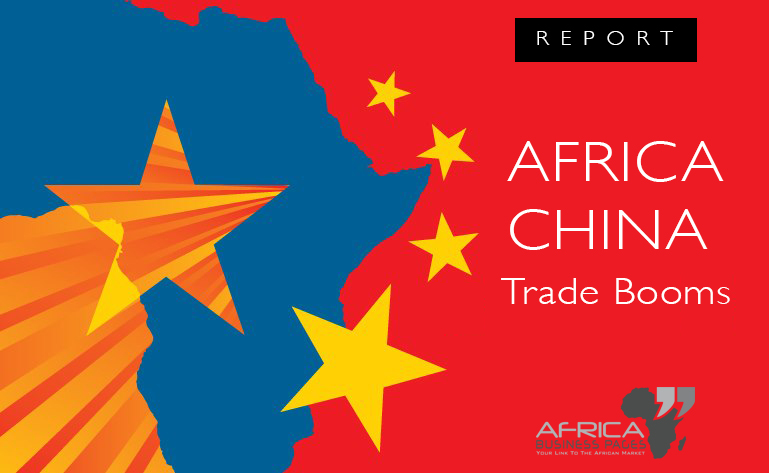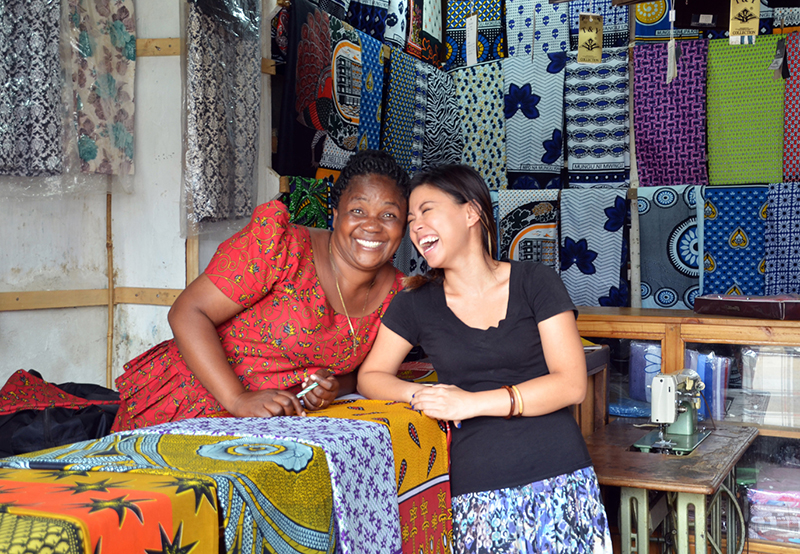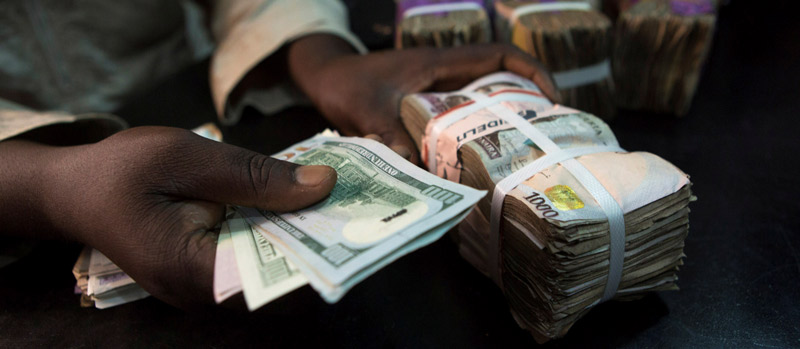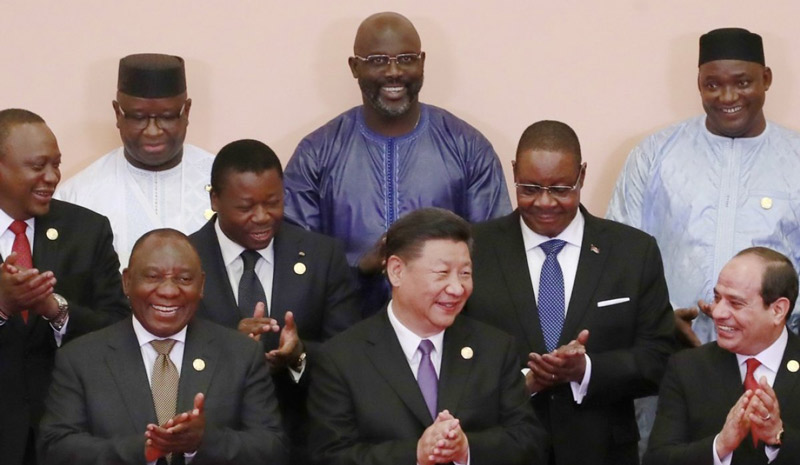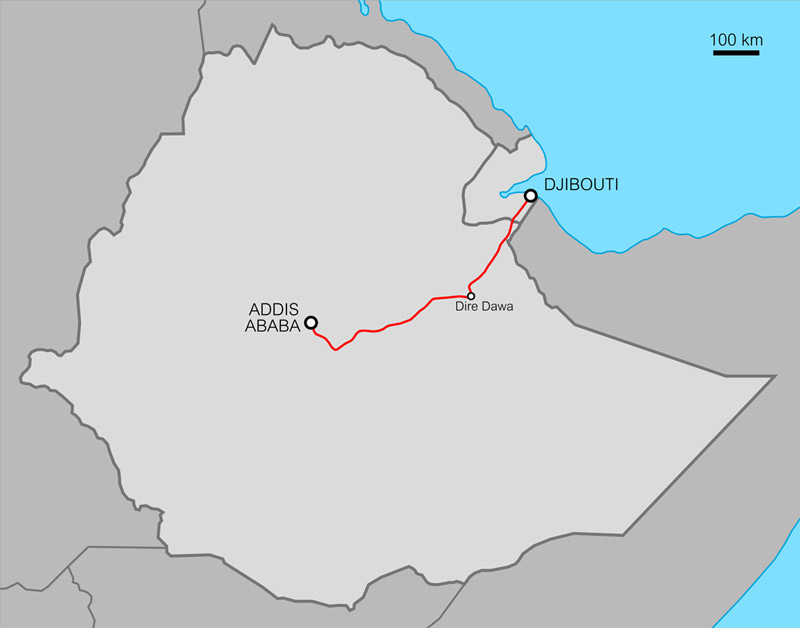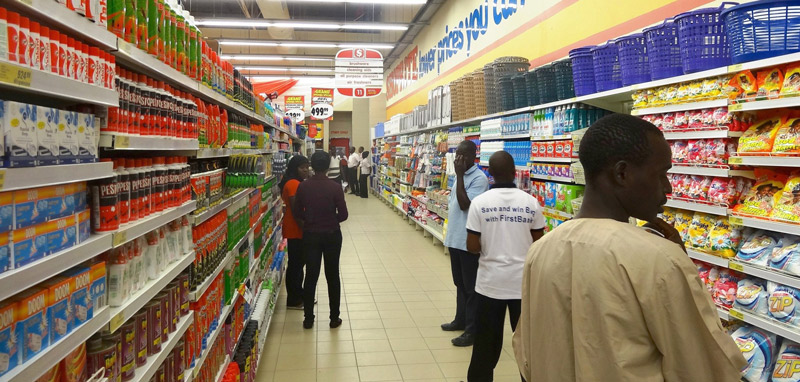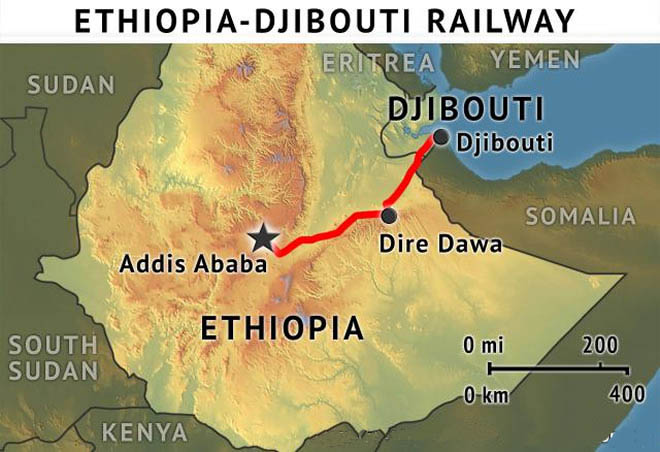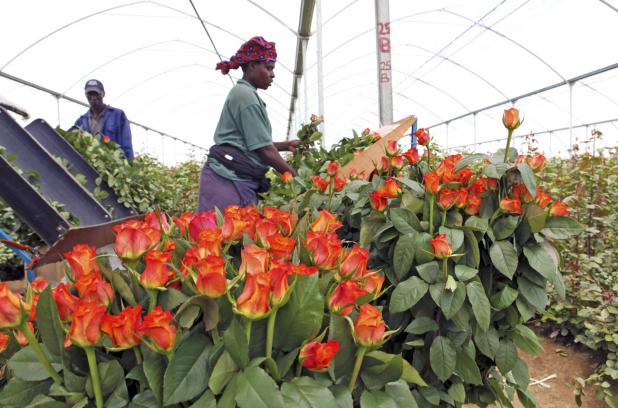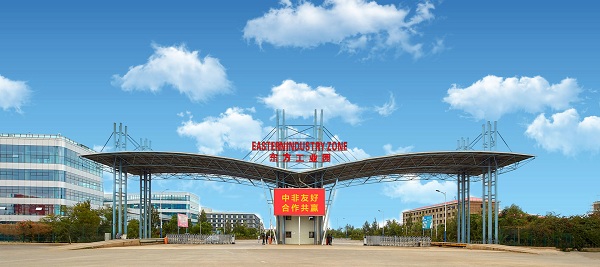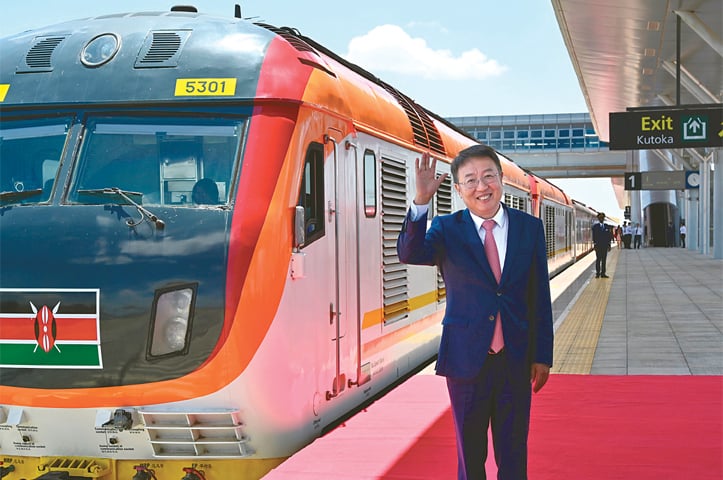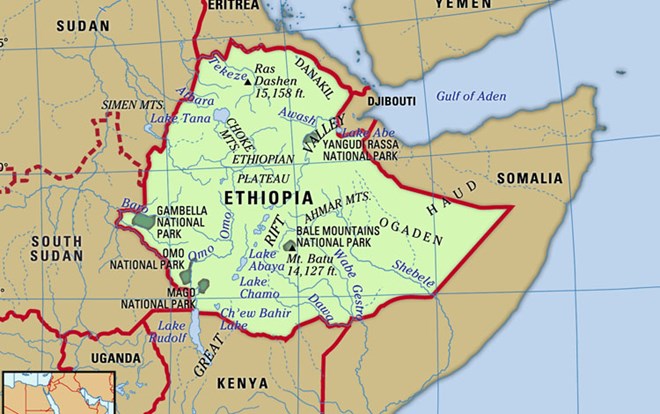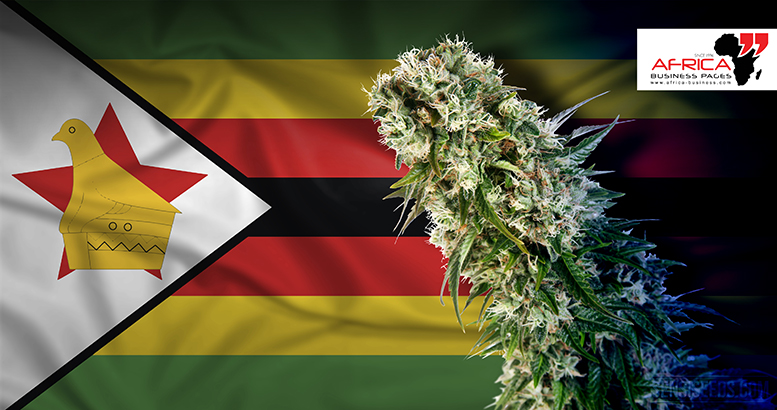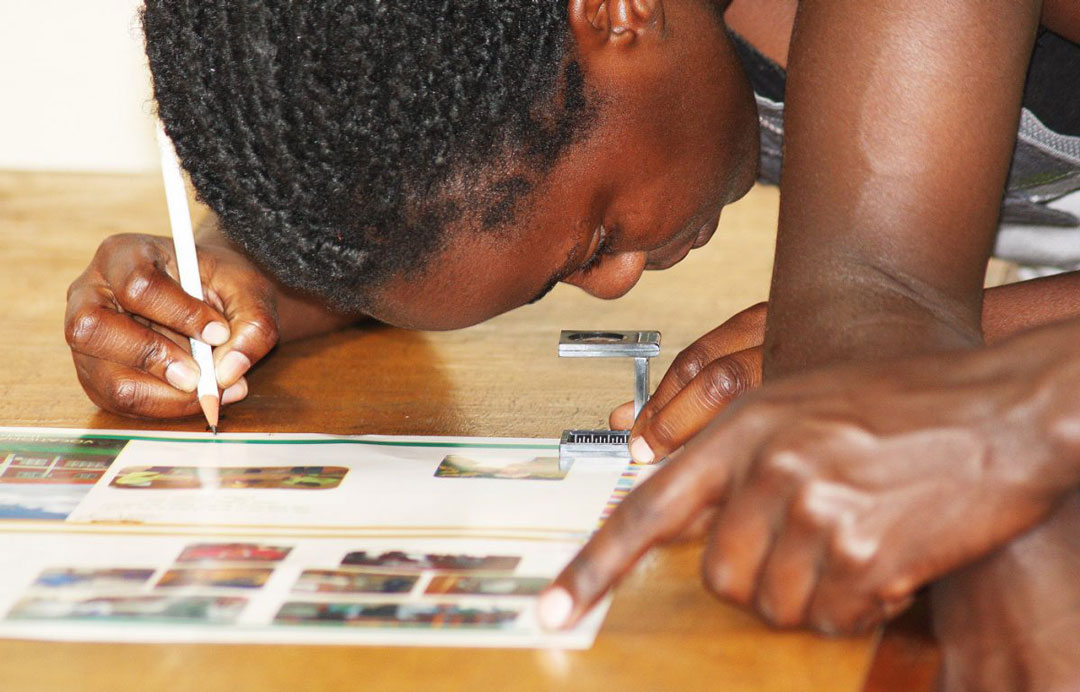Airbnb Challenging Monopoly of Hotels in Africa
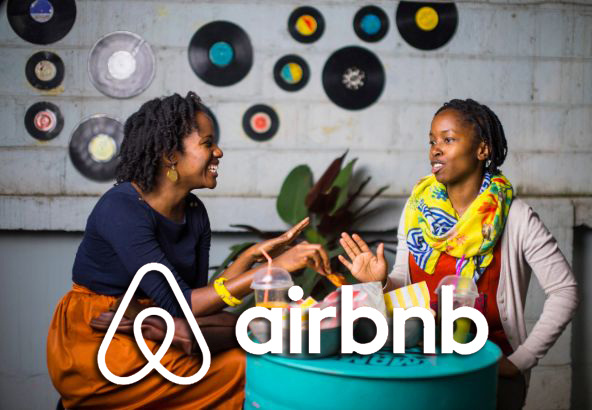
Airbnb is giving tough competition to Africa's overpriced hotels and has become a serious threat for the hotel industry in many African countries.
Many hotel chains are putting pressure on African governments to regulate the world’s biggest accommodation-sharing site: Airbnb.
Recently, South Africa’s hotel federation claimed that Airbnb was taking business away from registered hotels and eating into their profits and even went on to describ Airbnb as a “massive problem”.
In countries like Kenya, Tanzania, and Namibia, governments have already brought in legislation to rope in the rising popularity of Airbnb. Kenya’s government is in talks with Airbnb to register all properties on the platform and start remitting taxes by July, 2019.
In Tanzania, homeowners that our renting their properties through Airbnb have been ordered to register their facilities by September, 2019 or face arrest. The same thing happened in Namibia in 2017 – private home rentals with two or more bedrooms were ordered to register with the local tourism board.
The restrictions from African governments reflects Airbnb’s rapid growth in Africa and the increased appetite from both local and international travelers to use the platform instead of overpriced hotels – especially in off-beat destinations that might not have established hotel outlets.
These government moves also signal efforts by the local governments to retain the major share of tourism revenues, which form critical parts of the national gross budgets for many African countries.
The fightback from the African hotel sector also comes as major hotel chains expand across the continent, looking to both bridge the scarcity of top-notch quality hotels and tap into the growing number of tourists and business travelers. Airbnb itself recently bought into the hotel sector by acquiring booking application HotelTonight, a crucial move as it gears for an initial public offering.
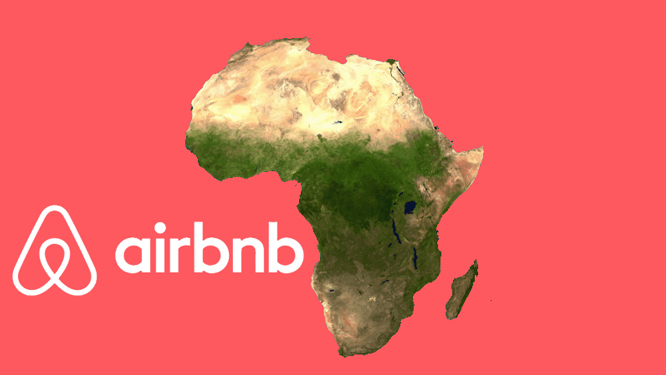 The demands to rein in Airbnb is also symptomatic of the challenges facing global companies like Uber and Netflix in Africa, whose disruptive services have been accused of flouting local regulations, short-changing customers, and avoiding taxes. For instance, Africa’s dominant television service MultiChoice blames multinational streaming services for a loss of 100,000 subscribers, arguing also that Netflix and Amazon were able to rake in higher profits on lower subscription fees because they were not subject to local rules and taxation plans.
The demands to rein in Airbnb is also symptomatic of the challenges facing global companies like Uber and Netflix in Africa, whose disruptive services have been accused of flouting local regulations, short-changing customers, and avoiding taxes. For instance, Africa’s dominant television service MultiChoice blames multinational streaming services for a loss of 100,000 subscribers, arguing also that Netflix and Amazon were able to rake in higher profits on lower subscription fees because they were not subject to local rules and taxation plans.
South African Hotel Industry Protests
The opposition in South Africa is especially worrying for Airbnb given how much success the company has had in the country. Five years of Airbnb listings brought $247 million to South Africa, with Cape Town as the most popular with over 17,000 listings. The accommodation association in the southeastern city of Port Elizabeth also complained of Airbnb’s growing influence, saying the platform made $430,000 in the city, a 65% increase from December 2017.
Taking note of some of these complaints, South Africa amended its Tourism Bill to include “short-term rentals”– meaning once the bill becomes law, Airbnb listings will follow the same regulations as the rest of the hospitality industry, including being subject to the tourism board’s official grading system.
Overpriced Hotel
The tourists are happy though – finally there is an alternative to some of Africa's grossly overpriced hotels. By providing competition to hitherto unchallenged monopoly of the unfair rates demanded by many African hotels, Airbnb will contribute in the growth and development of the hotel industry across Africa. After all, competition breeds quality!








